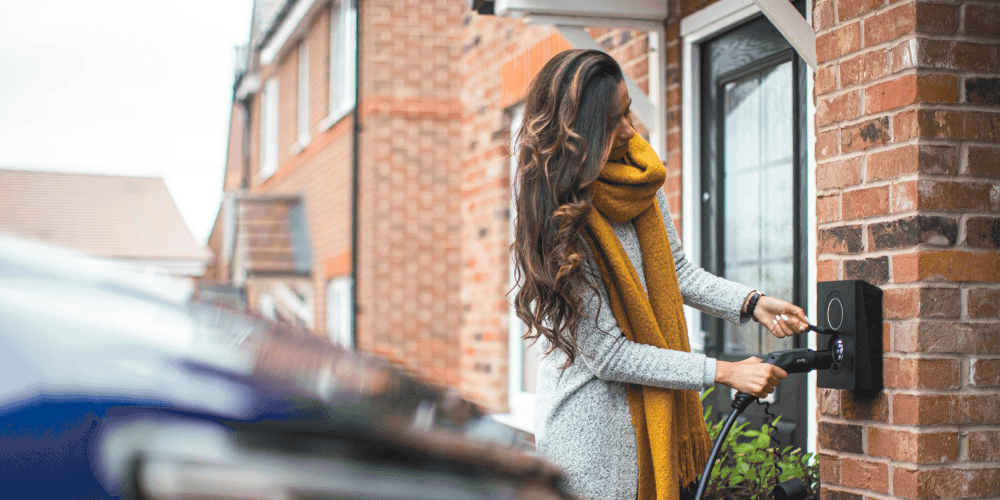How much does it cost to charge an electric car?
Charging an electric car in Ireland is significantly cheaper than fuelling a petrol or diesel vehicle, but the exact cost depends on where, when, and how you charge. This guide breaks down the typical costs, whether you charge at home, at work, or on the public network.
- Home charging is the most cost-effective option in Ireland
- Charging costs vary by electricity rate, charger speed, and battery size
- Night-time rates can significantly reduce costs
- Public fast charging is convenient, but more expensive per kWh
Compare home charger installers
Cost of charging an electric car at home
Charging your EV at home is usually the cheapest option. You pay your normal electricity rate per kilowatt-hour (kWh), which typically ranges from €0.30 to €0.45 depending on your energy supplier and plan.
Here's a basic cost estimate for fully charging different EV battery sizes:
- 40 kWh battery: ~€12.00 (at €0.30/kWh)
- 65 kWh battery: ~€19.50 (at €0.30/kWh)
- 90 kWh battery: ~€27.00 (at €0.30/kWh)
With a typical Irish night-rate electricity plan, off-peak rates can drop to around €0.15 per kWh. That means charging overnight could cost as little as €6–€10 for a full battery, depending on vehicle size.
Cost of public EV charging in Ireland
Public chargers are great for top-ups on the go, but they’re more expensive than charging at home. Costs vary by operator, charger type, and membership plan.
Here’s a general breakdown:
- AC fast charger (22kW): €0.40–€0.55 per kWh
- DC fast charger (50kW+): €0.55–€0.70 per kWh
- High-power DC charger (100kW+): Up to €0.79 per kWh
Some providers also charge a connection fee (e.g. €0.50) or overstay fees if you leave your vehicle plugged in after charging is complete.
EV charging vs petrol and diesel costs
The average petrol car in Ireland consumes about 6–8 litres per 100km. At €1.70 per litre, that’s around €10–€14 per 100km. In contrast, an EV charged at home on a night-rate could cost as little as €2–€3 per 100km.
Even charging on the public network often costs less than petrol or diesel per kilometre—especially if you're using fast AC chargers rather than high-speed DC ones.
Example: charging cost per 100km
| Charging method | Rate per kWh | Cost per 100km (avg. EV efficiency: 16.5 kWh/100km) |
|---|---|---|
| Home (day rate) | €0.30 | €4.95 |
| Home (night rate) | €0.15 | €2.48 |
| Public AC fast charger | €0.45 | €7.43 |
| DC fast charger (50kW+) | €0.65 | €10.73 |
*Costs based on average EV energy consumption. Your actual cost will vary based on your car’s efficiency and your driving style.
Tips to reduce your EV charging costs
- Charge overnight using a night-rate electricity plan
- Install a smart home charger to schedule charging during off-peak times
- Use workplace or supermarket chargers where free charging may be available
- Track charging efficiency using your EV app or dashboard
- Plan longer trips around free or cheaper charging locations
Conclusion
Electric vehicles offer substantial savings when it comes to fuelling costs—especially if you take advantage of home charging and off-peak rates. While public chargers are convenient, especially for long-distance travel, they’re more expensive per unit of energy. The more charging you can do at home, the more money you'll save over time.




